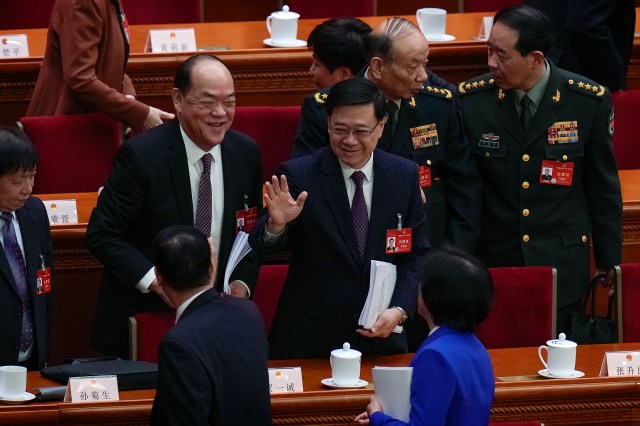Introduction to Hong Kong’s Latest Legislation
Hong Kong has introduced stringent national security legislation that could impose life sentences for crimes such as treason and insurrection. Unveiled recently, this bill marks a significant intensification in the government’s control over the city, sparking concerns about the ongoing erosion of Hong Kong’s autonomy and freedoms. This legislation follows a similar national security law imposed by Beijing in 2016 which had already tightened the reins on public dissent significantly.
Legislative Details and Implications
The proposed law is designed to bolster the government’s power to counteract challenges to its authority, addressing threats related to espionage, foreign interference, and the protection of state secrets. It suggests significantly harsher penalties for sedition and enhances the legal framework to align closely with mainland China’s stringent policies. The expedited legislative process, driven by Hong Kong leader John Lee and a legislative body dominated by Beijing loyalists, suggests the bill will likely pass quickly, further diminishing the civil liberties promised to remain for 50 years post-1997 handover.
Public Reaction and Criticism
While the Hong Kong government justifies the law as a necessary tool to quell minimal yet impactful anti-government sentiments, critics argue it will drastically curtail freedoms and bring Hong Kong’s legal environment in line with the restrictive atmosphere of mainland China. The introduction of severe penalties for collaborating with foreign entities underlines a significant shift towards tighter state control, impacting everything from public protests to press freedoms. This has caused a stir among activists, business leaders, and international observers, who fear the broad application of the law will stifle not just political dissent but also economic and social dynamism in what has been one of Asia’s most vibrant cities.
